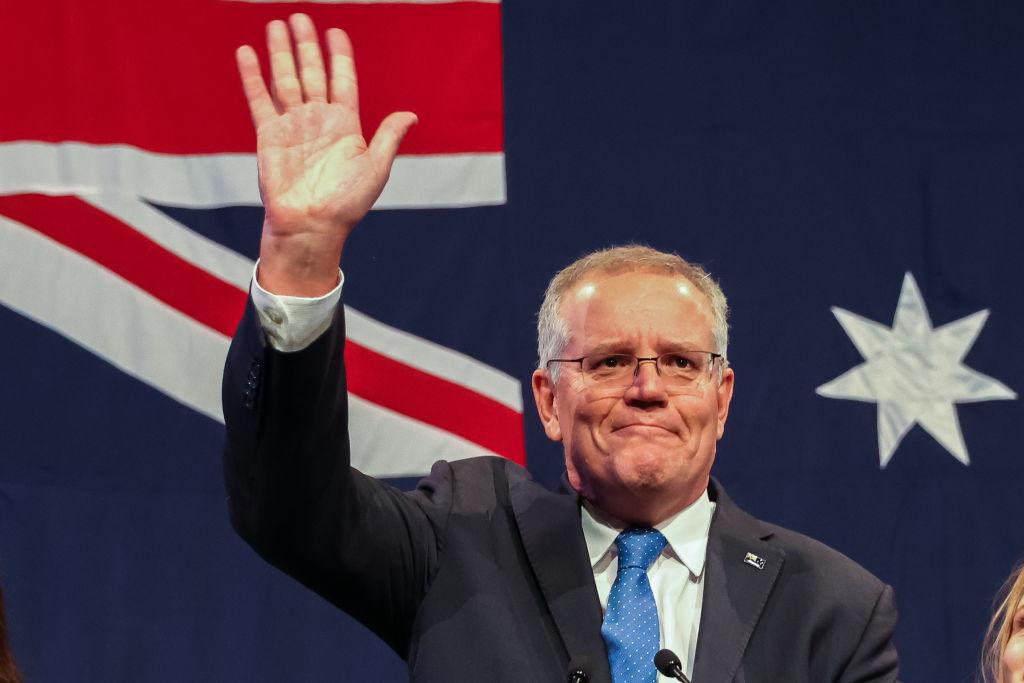Commentary
In this esteemed publication, I wrote a few weeks ago that when the Australian Liberal Party moves closer to the Australian Labor Party (ALP), it dismays its own best supporters without gaining any new ones.

In this esteemed publication, I wrote a few weeks ago that when the Australian Liberal Party moves closer to the Australian Labor Party (ALP), it dismays its own best supporters without gaining any new ones.